Unless you’re at a Halloween party, “What are you?” should never be a question a person is prompted to answer.
Unfortunately, this is a question I’ve had to answer more times than I can count. It has been such a pertinent part of my coming-of-age that I even wrote my college essay about the harmful effects of this type of language on biracial people.
Having a white mom and a darker-skinned Mexican-American father, I like to joke that I made myself. Every time a person asks me what my parents look like, they tell me how different our appearances are, anyway.
I’m not the only mixed-race person that feels this way.
Olivia Sanchez is secretary and director of communications for Mujeres Activas en Letras y Cambio Social (MALCS) at the University of Minnesota.
MALCS is a nationally recognized organization dating back to the spring of 1982 and aims to unify academic life and community activism in the Chicana and Latina community, according to MALCS’ official website.
Sanchez said her biracial identity influences the way she navigates her experiences on campus. She said it’s often hard for biracial students to express themselves on campus, as they want to explore their cultural backgrounds without feeling unwelcome in either of their respective cultural communities.
“A really common thing that we bring up is that we might not feel Mexican enough, we don’t feel Chicana enough, we don’t feel this or that,” Sanchez said. “When we have these group meetings, we feel like we all belong and we are also learning a lot about our own cultures.”
While this club primarily focuses on serving the Chicana, Latina and Indigenous communities on campus, their doors are open to all students, regardless of gender, who are seeking time away from the campus’s predominantly white environment.
“We don’t want anyone to feel like they don’t belong in our group,” Sanchez said. “We have members that are of every color, different language backgrounds, coming from different nations.”
Luisa Gaona, president of MALCS, said her desire to start a MALCS club on campus came from her love for her Chicana identity and her passion for supporting fellow Latinx and Indigenous students in their academic endeavors.
Both Gaona and Sanchez want biracial students to know MALCS is a safe space for them and any other underrepresented students on campus who feel as though they aren’t fitting into the environment the University provides for them.
The University has more than 1,000 student groups available, according to the University’s website, yet cultural clubs available on campus seem to be undervalued and underpromoted by the campus’s websites and faculty.
Gaona said it feels as though the campus puts less emphasis on the opportunities available to students of color compared to white students.
“It’s mostly the students pushing for that inclusion, I don’t think the University of Minnesota as a whole pushes for that,” Gaona said. “I think it’s the students looking for better rights, more inclusion [and] cultural awareness, but not really the school.”
There is no such thing as a surplus of attention towards diversity and inclusion efforts on college campuses.
Not only would increased attention towards the needs of students of color on campus improve the University’s environment for current students, but it would also provide prospective students of color with a more welcoming and desirable opinion of campus.
Monique Burgoz, vice president of MALCS, said it can be difficult for a biracial student to find clubs on campus that address their issues and needs.
Burgoz said being in the Midwest contributes to the lack of cultural identity Latinx and Indigenous communities feel, so becoming involved in a club like MALCS really benefited her.
“Having other people from similar cultural backgrounds as you really helps create a sense of identity in a space that you don’t really see yourself in,” Burgoz said.
Biracial people bring a unique perspective to college campuses that differs from monoracial students’, regardless of racial or ethnic background.
The University should involve faculty in more nuanced discussions about cultural diversity so that students don’t feel like all of the pressure is being placed on them to create a campus they feel supported by.
Additionally, the University should promote cultural clubs on campus more frequently, whether via the University’s newsletters, popular media platforms or school-sanctioned events. Students of color deserve to be celebrated and prioritized.
To learn more about MALCS, visit their Instagram page, @malcs_umn.


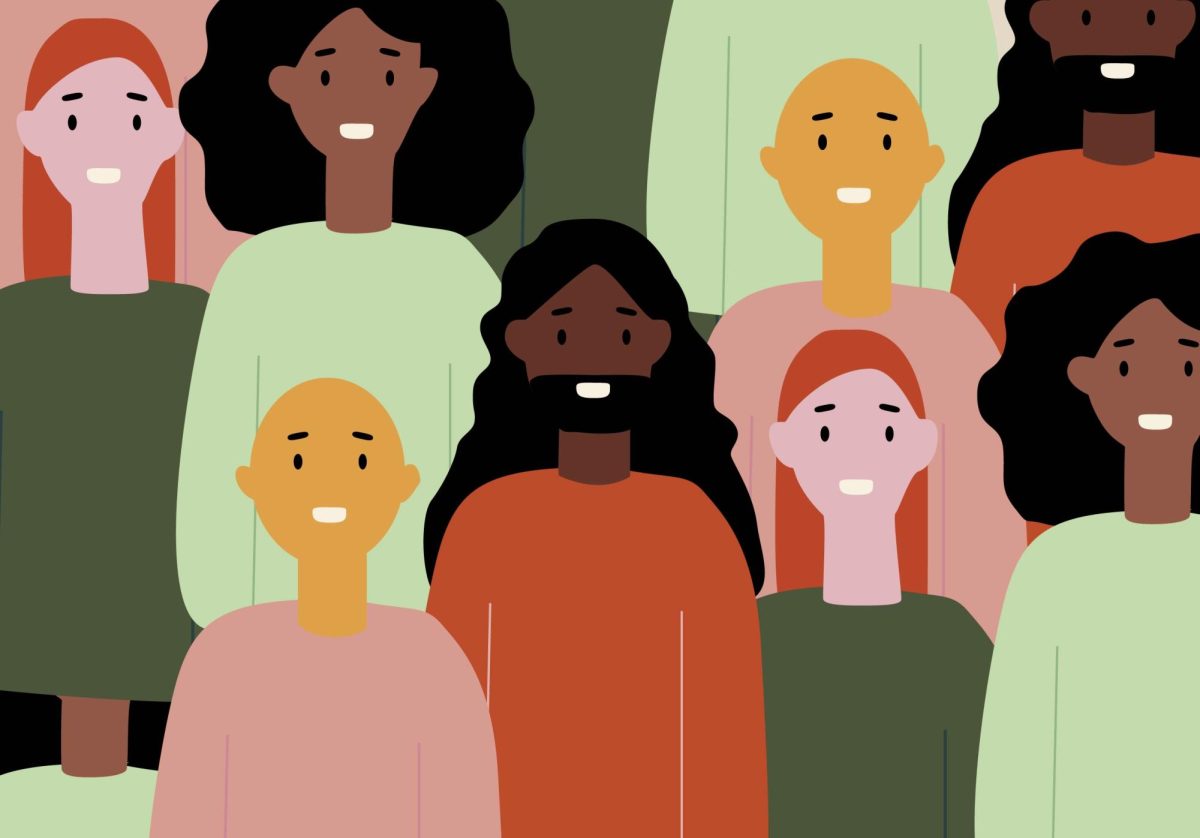





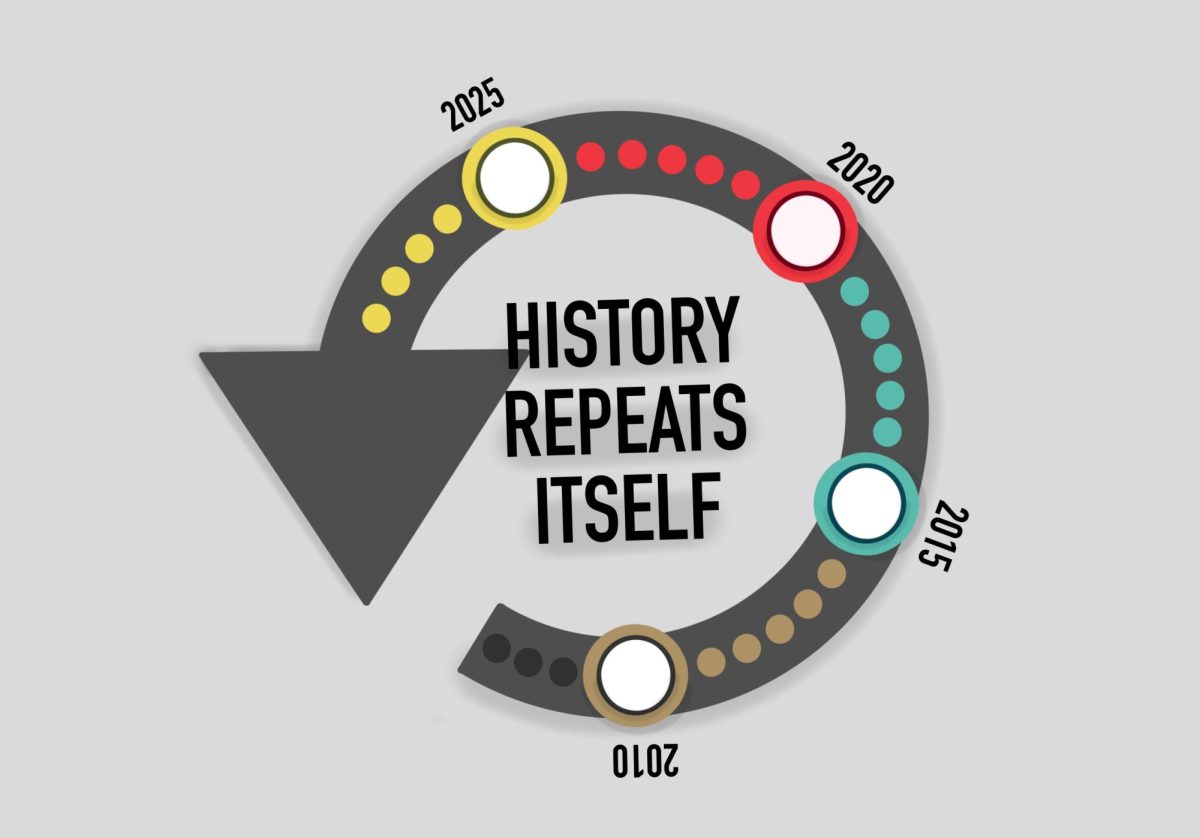



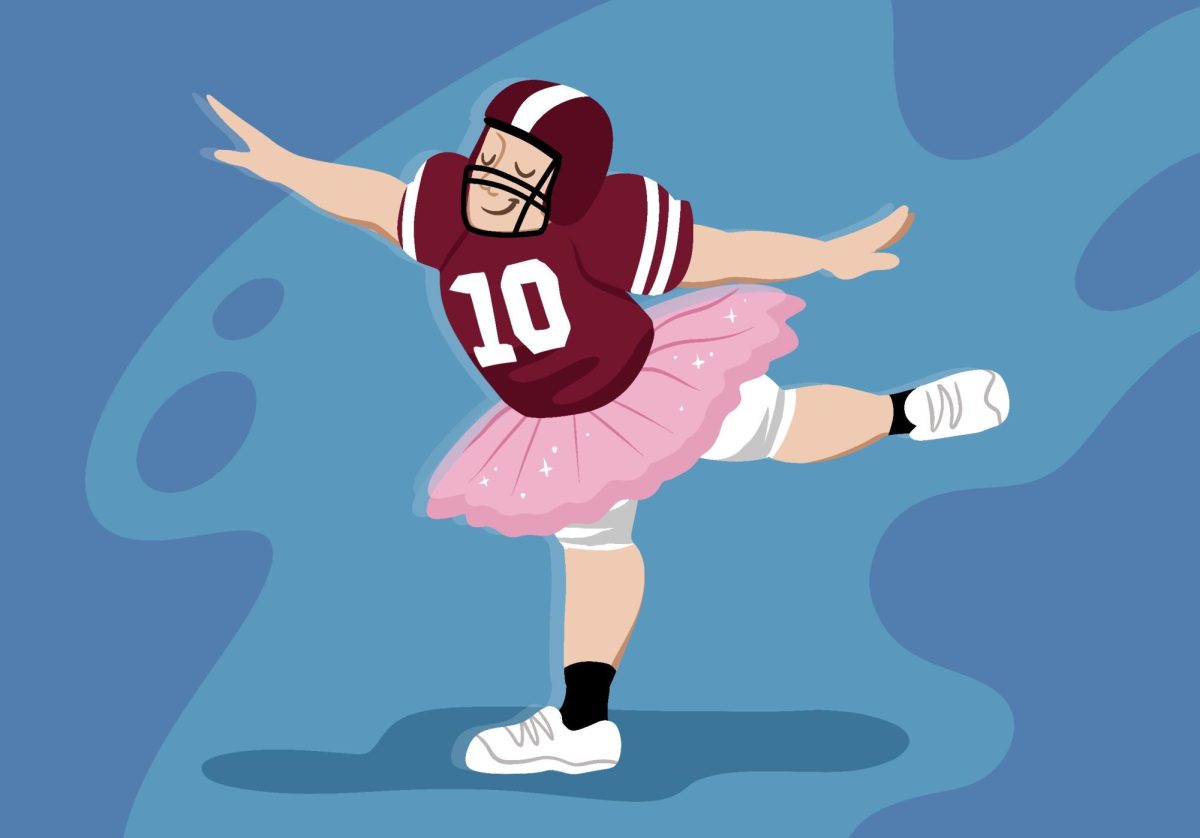
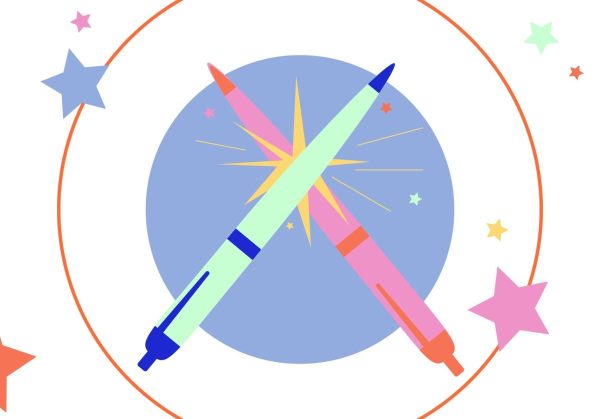


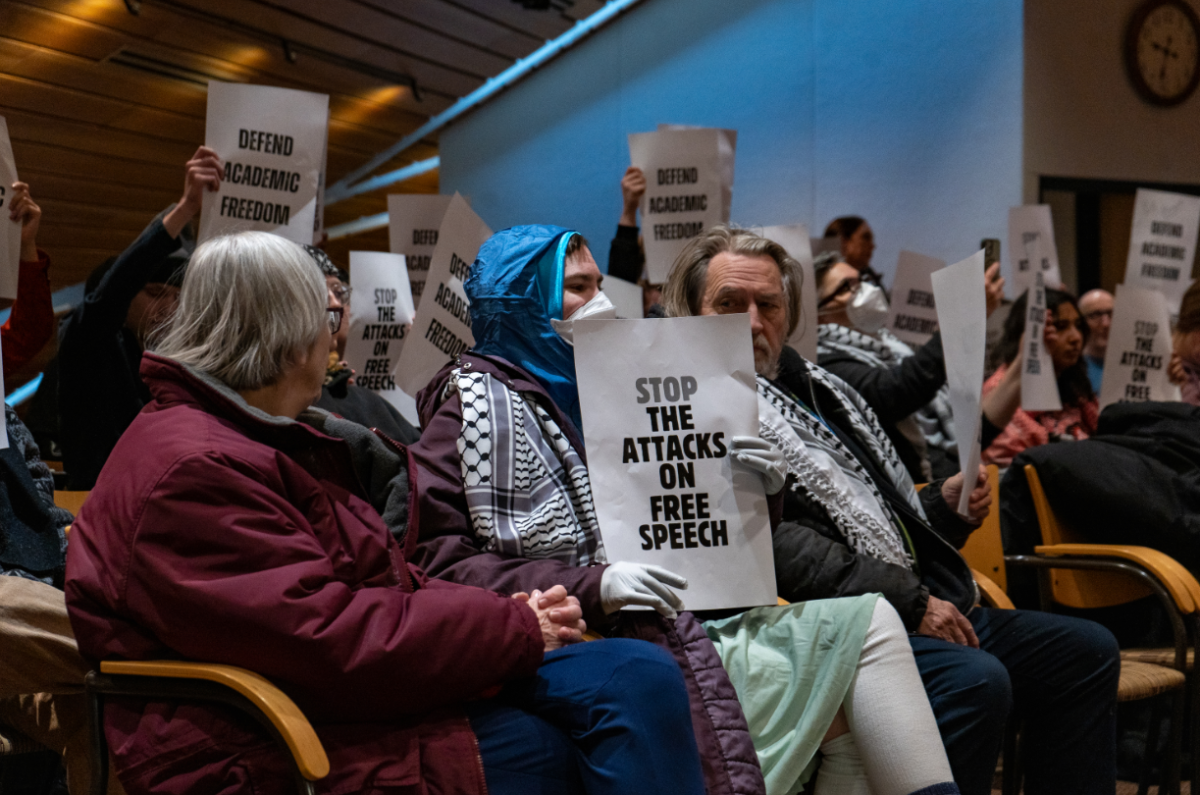
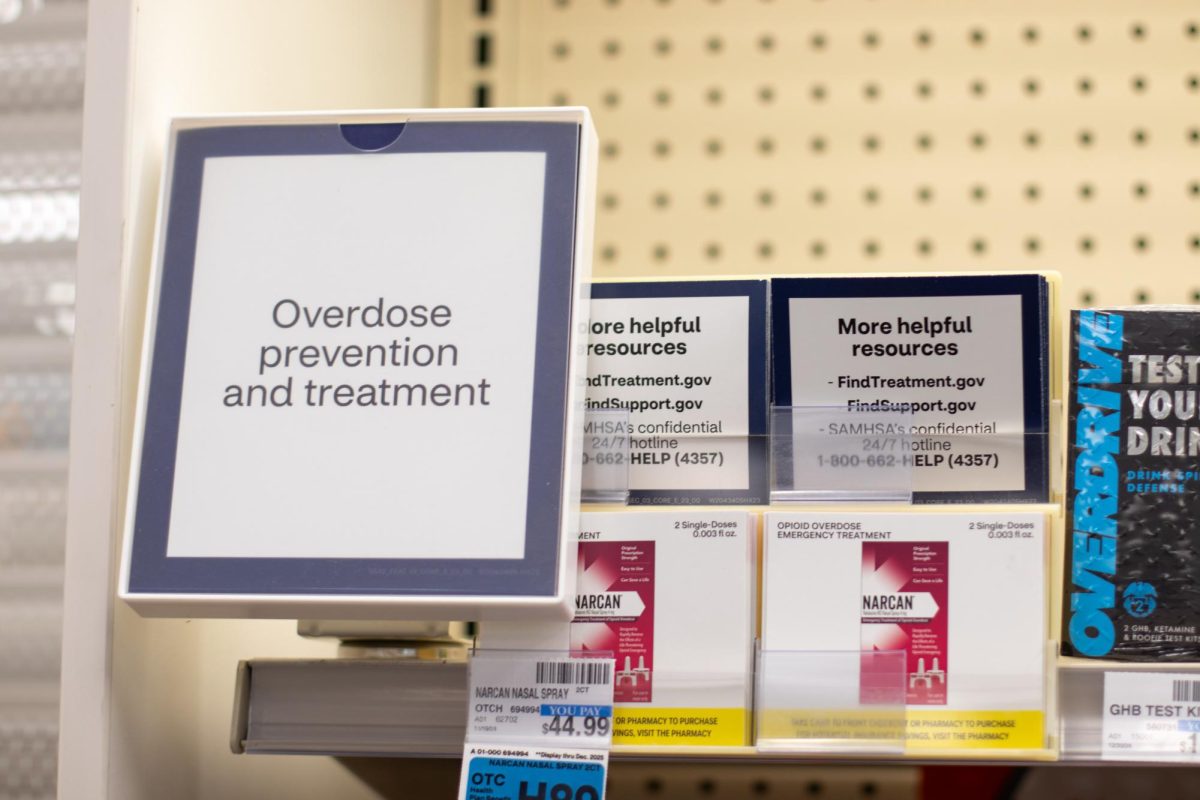
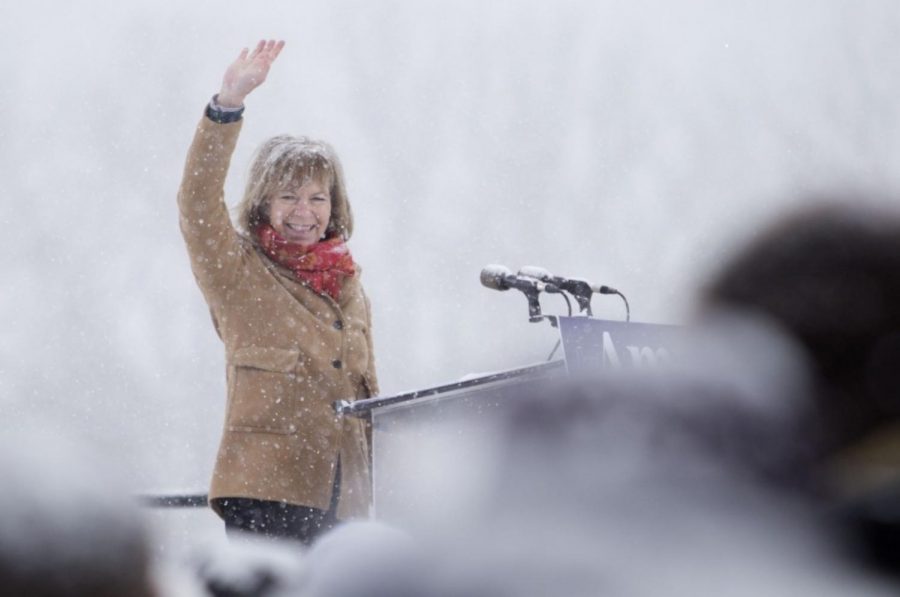
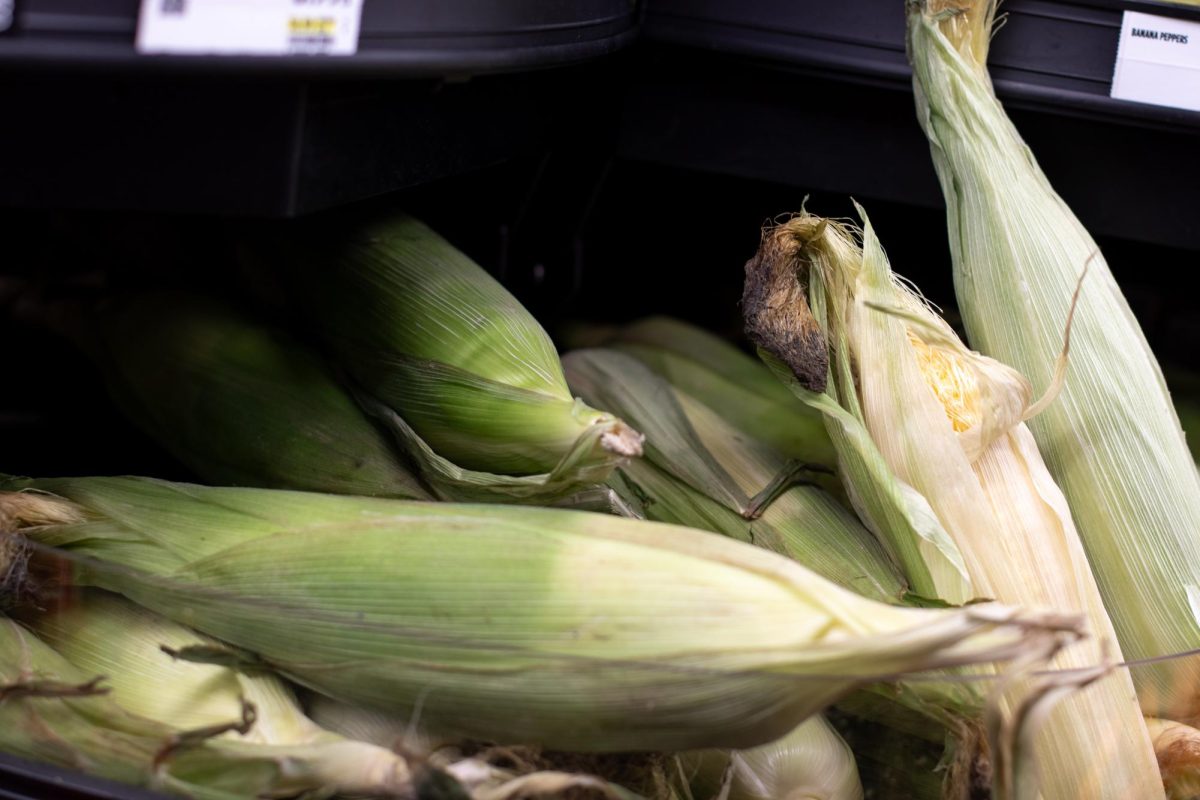
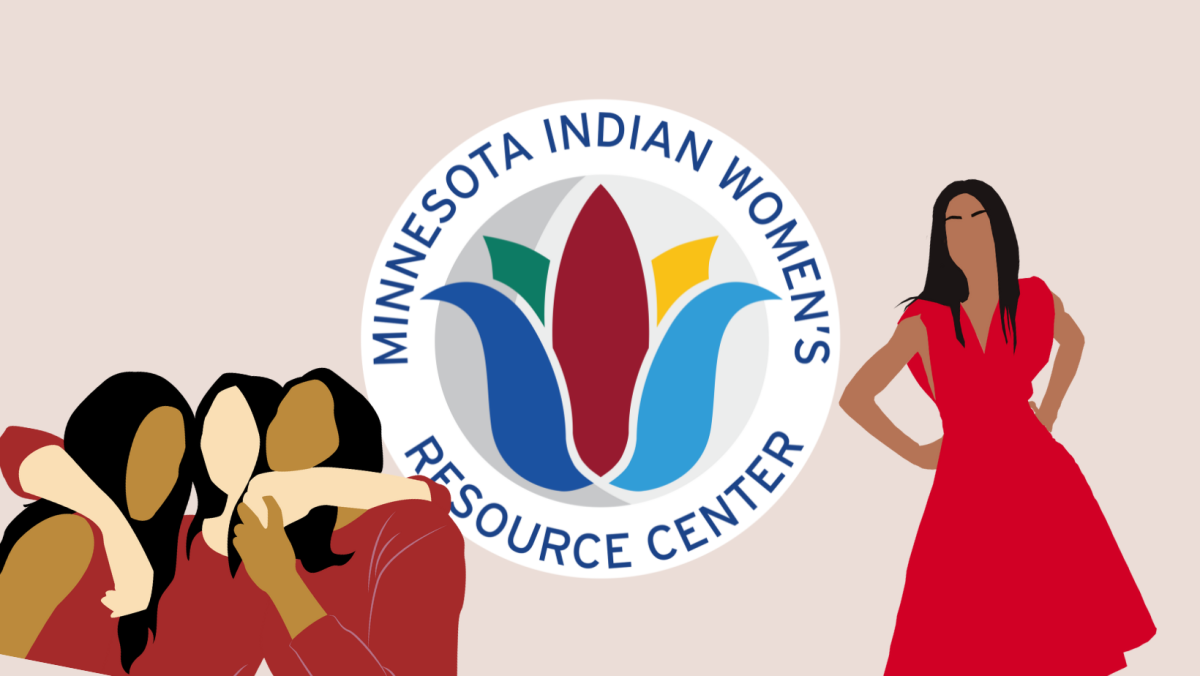
John
Mar 11, 2024 at 11:15 am
I hope we hire at least a few additional (very well paid) DEI administrators to properly manage this sorely needed addition the university system.
Crow
Mar 8, 2024 at 3:43 pm
yes!!! I’m glad someone wrote an article on this. MALCS is an amazing group. This is exactly why the Multiracial Student Union was created as well. I hope to continue to see more inclusive groups pop up!
Tom
Mar 7, 2024 at 1:57 pm
Sure why not – we’ll just raise tuition again to add to the already wildly bloated administration.
That’ll make you feel better right? And I’m sure there won’t be anymore complaints from you right??